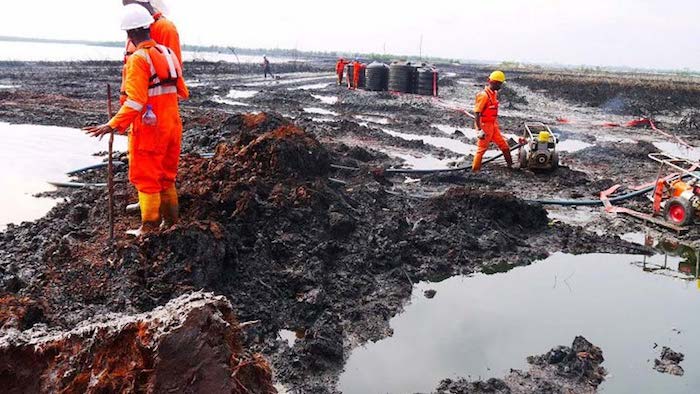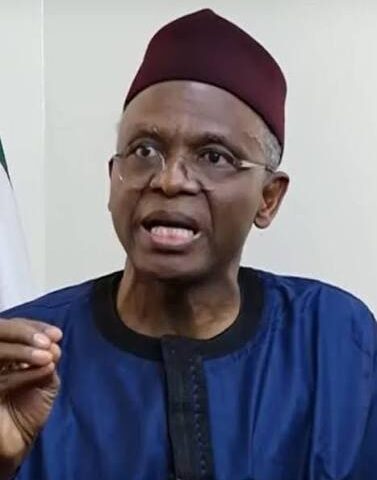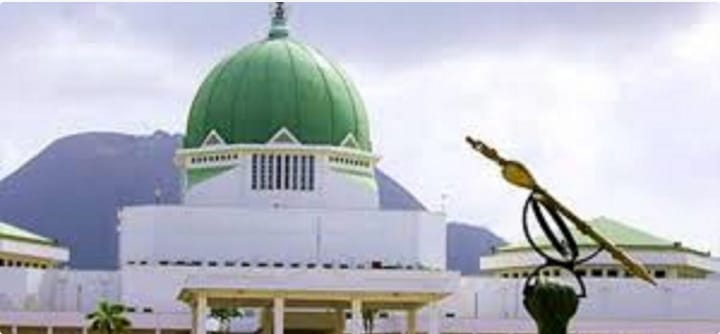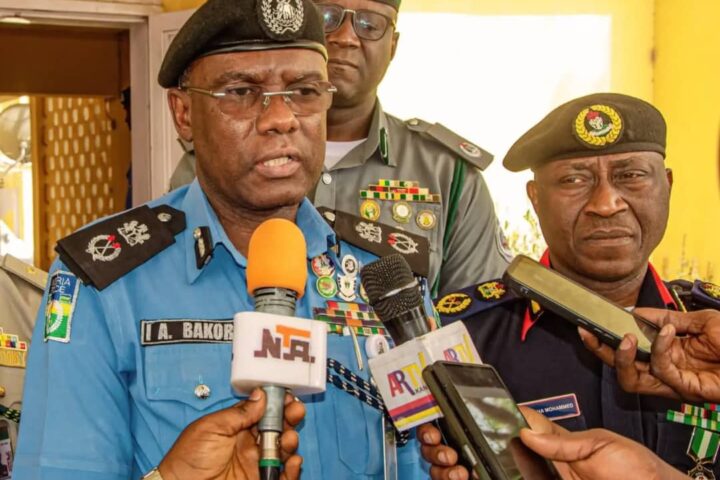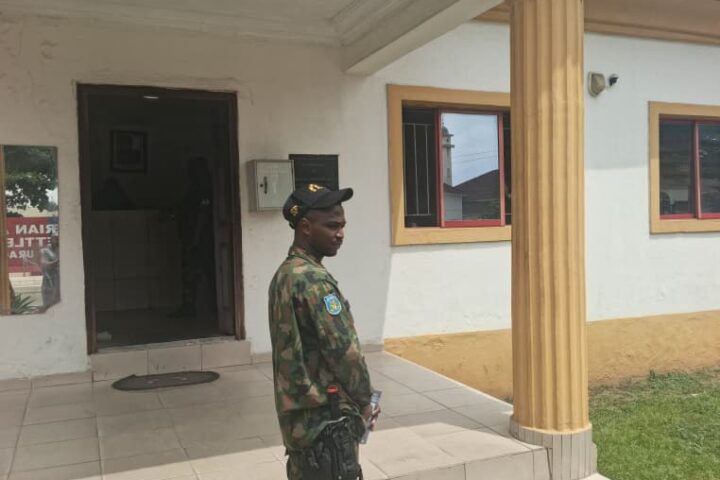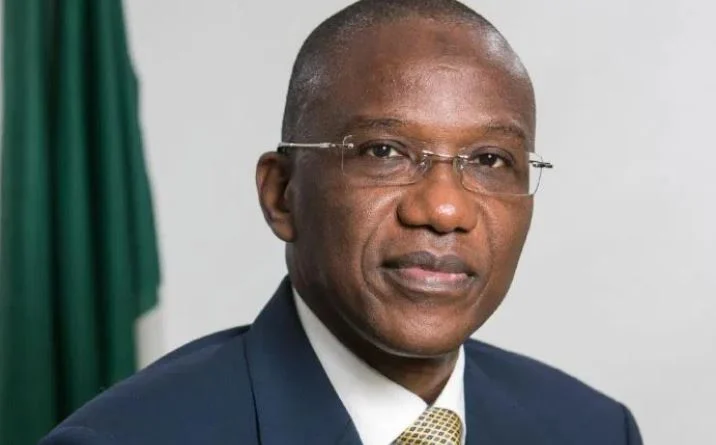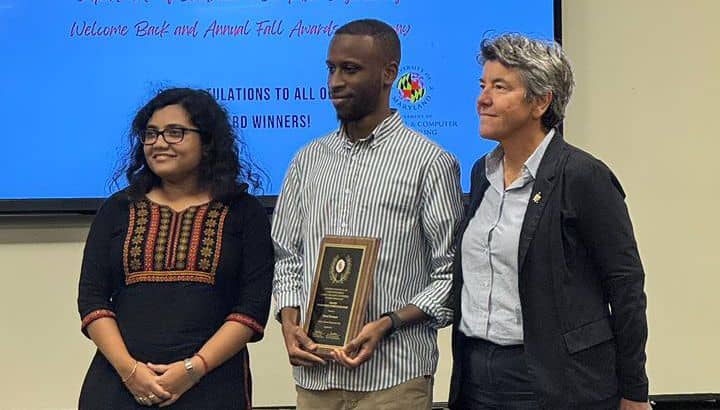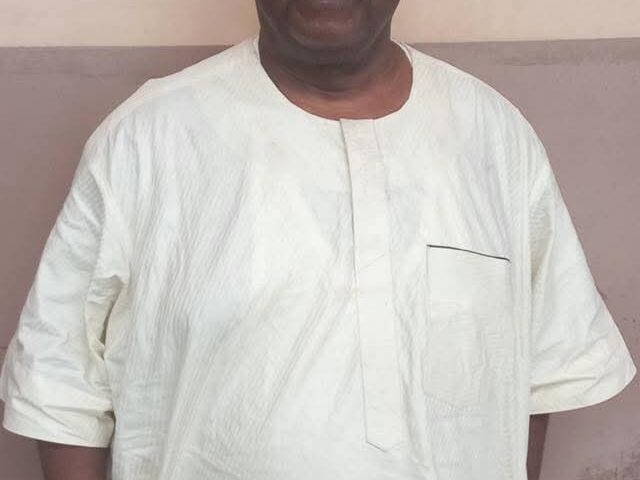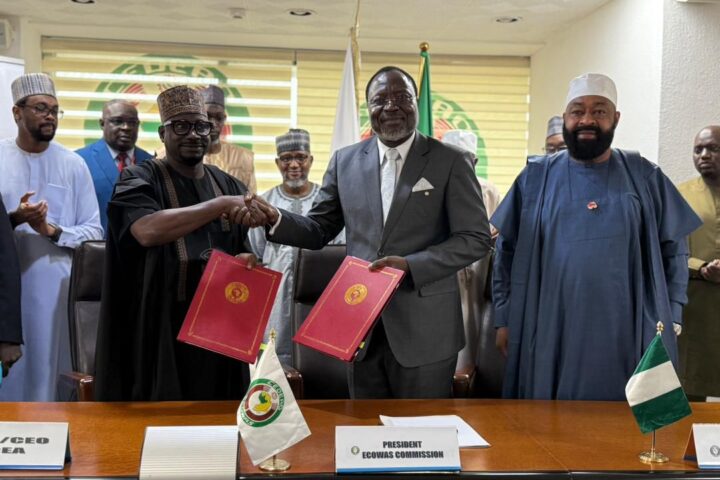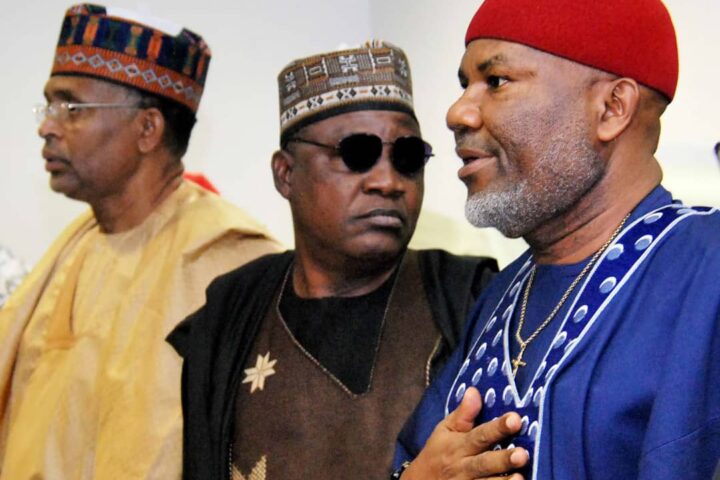The Centre for Anti-Corruption and Open Leadership (CACOL) is supporting calls for a probe into the activities of the Hydrocarbon Pollution Remediation Project (HYPREP), the implementing agency of the United Nations Environmental Programme (UNEP) recommended for the clean-up of oil-polluted Ogoni land in Rivers State,
Comrade Debo Adeniran, CACOL ‘s chairman, echoed the support in a statement signed by the group’s Director of Administration and Programmes, Tola Oresanwo.
He recalled that the Movement for the Survival of the Ogoni People (MOSOP) recently called on the Hydrocarbon Pollution Remediation Project (HYPREP), a Federal Government agency saddled with the task of cleaning up the polluted Ogoni environment, to account for a whopping sum of $800million fund meant for the exercise.
Fegalo Nsuke, the MOSOP’s had reportedly made the call in Port Harcourt, Rivers State recently to mark the six-year anniversary of the official flag-off of the Ogoni clean-up programme by Vice President Yemi Osinbajo at Bodo on June 2, 2016.
He lamented that there was little or nothing done so far, even as he fingered the agency of corruption and embezzlement.
According to Nsuke, “Not much has been achieved, but corruption, mismanagement and embezzlement. HYPREP has received over $800 million and additional N6 billion for water supplies. What we have seen is bribery and looting of the cleanup funds.”
But,Adeniran regretted that the Ogoniland area of Southern Nigeria is one of the most polluted places on Earth.
The crops are burnt to a cinder, ash and tar smother the land and the wells are polluted with oil, making the water totally undrinkable,he said.
He added:“The entire communities have suffered as their way of life has been destroyed by the oil industry and pollution has become the norm in the community.The effect of pollution on the Niger Delta has been great. As a result of oil spills and industrial waste dumped into the Niger River Delta, fishing as a means of supplying food for the tribe is no longer an option because very few fish remain in the river.
“The groundwater is contaminated and is not safe for drinking. The most immediate threat to Ogoni people is oil spills, which have damaged their land dramatically.At least 100 pumping stations and pipelines crisscross Ogoniland. The pipelines run over farmland and through villages; leaks and spills are a common occurrence.
“The UN says it will take 30 years of effort to clean up the mess. Amnesty International accuses the Anglo-Dutch oil giant, Shell, of turning a blind eye to or even helping the military’s use of rape, torture and unlawful killings amid protests against pollution and poverty back in the 1990s.”
He said that it was a huge relief when the Federal Government decided to implement the UNEP recommended clean-up of oil-polluted Ogoni land by the establishment of the HYPREP under the Federal Ministry of Environment to clean up the Ogoniland and other impacted communities.
He also said that it was so unfortunate that till now, the performance of HYPREP in Ogoniland was nothing to write home about as the agency had not lived up to expectations.
He lamented that the situation in the community had not improved, even with the huge financial resources committed to the agency.
The facts, he stated, were not just embarrassing, but criminally so, wondering how crude oil was discovered in Olobiri in 1955, yet, the area had been left behind by other nations, especially the Arabian countries that were blessed with the resources years after us.
He said :“How can we be proud of our record as the sixth oil-producing country in OPEC yet the people of the oil-rich communities wallow in abject poverty and deprivation worsened by a very inhuman state of environmental degradation?.We at CACOL believe that it is a tragic narration on our nation, Nigeria, that despite the huge resources allocated for projects, when it comes to execution of the project, it becomes a sad story.
“We want to call on the management of HYPREP to account for all the money collected so far and the positive impact they have made in Ogoniland if any.As an agency of government, they must respond to the yearnings of the people of Ogoniland and justify the huge resources they have collected.”


